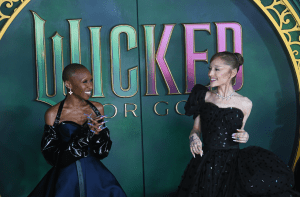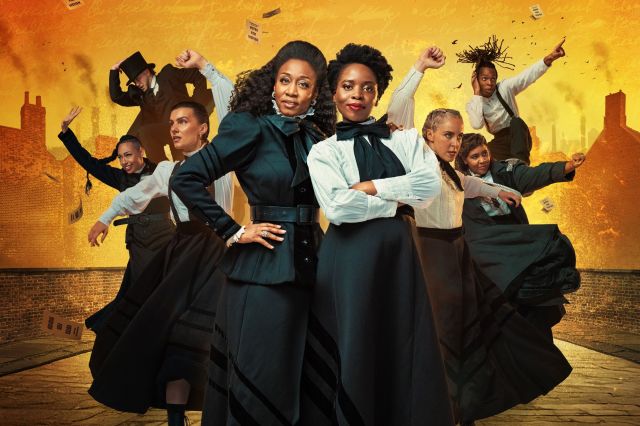Michael Coveney: Press night muddle in Fry’s five-star favour
Here we go again: the business of regulating first night reviews in a sorry imitation of the New York system has backfired yet again. This time, spectacularly so, as the Daily Telegraph has jumped the gun on the Shakespeare Globe’s Twelfth Night, running a five-star review a full six weeks – six weeks! – before the allotted press night.
He hasn’t set foot on a stage since he walked off one (at the Albery, now the Noel Coward) after the first night of Simon Gray’s Cell Mates in 1995 and booked a one-way ticket to Bruges suffering from depression. Perhaps the Telegraph fears a similar defection looming and got in there quickly to grab the story.
One or two cynics have even suggested that Cavendish broke the embargo with the connivance of the Sonia Friedman producing management (therefore making a one or two star review highly unlikely), even broaching the possibility that the Telegraph will be offering ticket deals on the Apollo season.
Cavendish himself, in the review, simply and somewhat disingenuously says, in the light of Fry’s behaviour on Cell Mates, “I wanted to be there.” Did he? Is “wanting to be there” sufficient reason to flout a management’s non-invitation? And what about Charles Spencer, the paper’s staff critic? Presumably he’ll trot along more obediently to the Apollo on the anointed day.
Actually, you would want “to be there” if the unknown quantity in the performance had been Mark Rylance’s Olivia. You simply never know what you will get with that astonishing actor, as he’s proved yet again with his totally unpredictable, totally original, non-satanic Richard III. But we know about his Olivia: he played the role years ago when he was running the Globe.
As for Fry: well, I’m looking forward to his Malvolio up to a point merely because I can see it (and hear it) in my mind’s eye already. And as Cavendish points out, it’s brave of him to return in a role “around which the spectre of mental illness flits.”
Sonia Friedman is also producing Alan Ayckbourn’s A Chorus of Disapproval at the Harold Pinter, offering a selection of “review” nights to the critics. So when tonight’s National Theatre opening of James Graham’s This House was scratched yesterday morning because of a bereavement in actor Phil Daniels’ family, I asked Sonia’s press agent, Janine Shalom, if I could go along to tonight’s press preview (the first of three, with reviews enbargoed until Friday); “Oh, that’s been cancelled,” she said (meaning the press invitation, not the performance).
Which immediately makes you feel uneasy about the state of Trevor Nunn‘s production. Does this mean that it’s not quite ready? Surely not, but we won’t be certain until tomorrow night’s first (of two) press performances, barring all other accidents.
There’s an odd aspect, too, to the reviewing of Let it Be, the new Beatles jukebox musical at the Prince of Wales. Critics aren’t reviewing the same performance there, either, in that there are two alternating casts and, again, a volley of Press performances, resulting in surely wildly disparate critical judgements. Thus Michael Billington has reviewed one Fab Four (and gave them two stars) while Libby Purves has reviewed the other Fab Four (and given them fab four stars). So, which Fab Four is the better, and how does the public know which one to book for?
Admittedly Libby is always much more generous, one might almost say indiscriminate, in her spraying of four-star bouquets, but you still wonder – or rather, I still wonder; I saw the Billington quartet, and two stars is about right, for the show, let alone them – if the public are being properly served with a clutch of reviews based on, in effect, different shows.
The truth of the matter is, of course, that it really doesn’t matter which Fab Four you see. Or rather, don’t see. The show’s a strangely soulless routine run-through of some of the best pop songs ever written, but you might as well be sitting in an empty theatre listening to the digitally re-mastered real thing. As theatre, Let it Be is as dead as a dodo.












